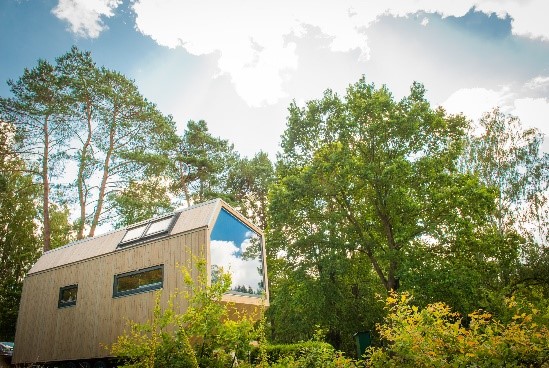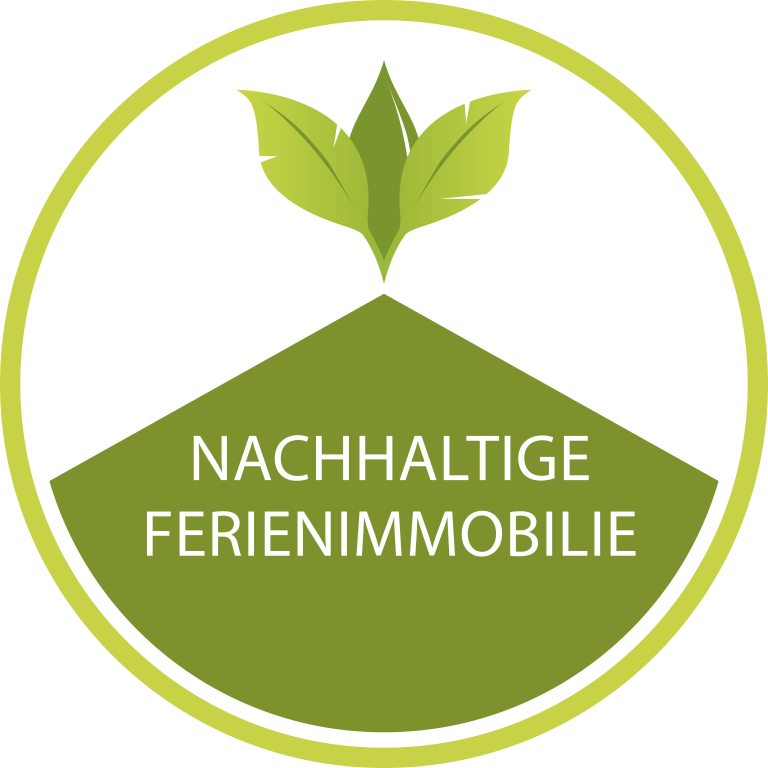Knowledge Networking Portal for Sustainable & Responsible Tourism










 GREEN TINY HOUSES
GREEN TINY HOUSES
| Contributor | Herbert Hamele |
|---|---|
| Country | Germany |
| Keywords |
|
| Organisation | GREEN TINY HOUSES |
| Postal address | Annette-von-Droste-Hülshoff-Str. 14, 25336 Elmshorn |
| Webpage | http://greentinyhouses.com |
| Release date | 08/04/2022 |
| Landscape type | Unspecified |
| Topics |
|
| GSTC Criteria for Industry |
|
| Marketplace category |
|
| Type |
|
| # | File name | Contributor | Release date | Uploaded by | Upload date | Size | Content type |
|---|
|
|
 |
|
Category: |
Self-catering accommodation |
|
Size: |
Micro |
|
Protected areas nearby: |
Lauenburg Lakes Nature Park Waddensee UNESCO site |
|
Certifying body: |
Sustainable Holiday Residence |
|
Outstanding contributions Green Tiny Houses provides purpose-built self-catering units, located at three sites in Germany, two on the North Sea coast and one at the inland lake of Salemer See. The company seeks to promote sustainability not as a label but as an experience, while also considering the health and wellbeing of guests. It makes the most of the flexibility of really small and light units, which can be located within natural settings. There is no compaction of the surfaces on which the units stand. These mini holiday homes are small, just 22 square metres, but contain many innovative sustainable features. The facades are made of wood which has been impregnated to make them last for 30 years but without the use of heavy metals and organic solvents. The kitchen has a reverse osmosis water filter, to enable high quality water to be accessed from the tap. The bathroom is equipped with a highly efficient shower originally invented by NASA for the space programme, which consumes 90% less water and up to 80% less energy than conventional shower systems. There is an incinerating toilet which does not use water but burns all deposits at high temperature leaving a cup of ash. Air purification is by a natural plant which converts formaldehyde and other pollutants into nutrients for itself, together with intelligent skylights and automatic ventilation. Hand and shower towels are of wood-based material that is climate and resource positive. All the CO2 emissions that occur are offset through regional climate protection projects. The properties pay close attention to natural areas around them. Five percent of the rental income is donated to local conservation projects in the nearby nature parks (e.g. Lauenburg lakes). E-bikes are provided for exploration. The sites also contain separate mini sauna buildings, made of sustainable materials similar to the accommodation units. Tiny workspaces have also been provided for guests who are seeking a retreat for quiet working in a natural environment. |
|
Key SDGs related to this action |
|
|















































